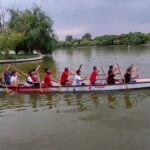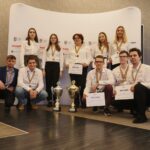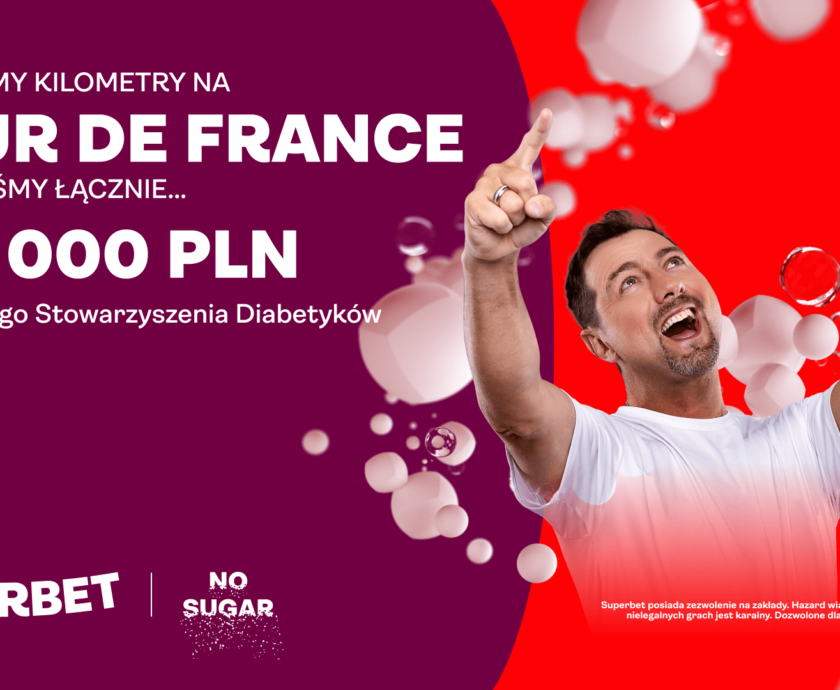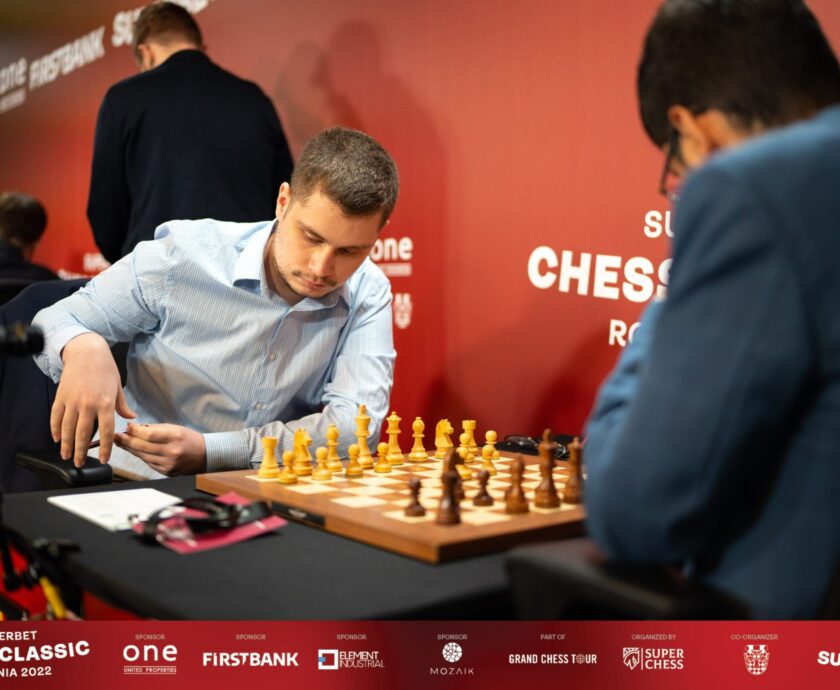Interview with Virgil Stănescu – Founder of the Go Scholarship Project and Superbet Ambassador
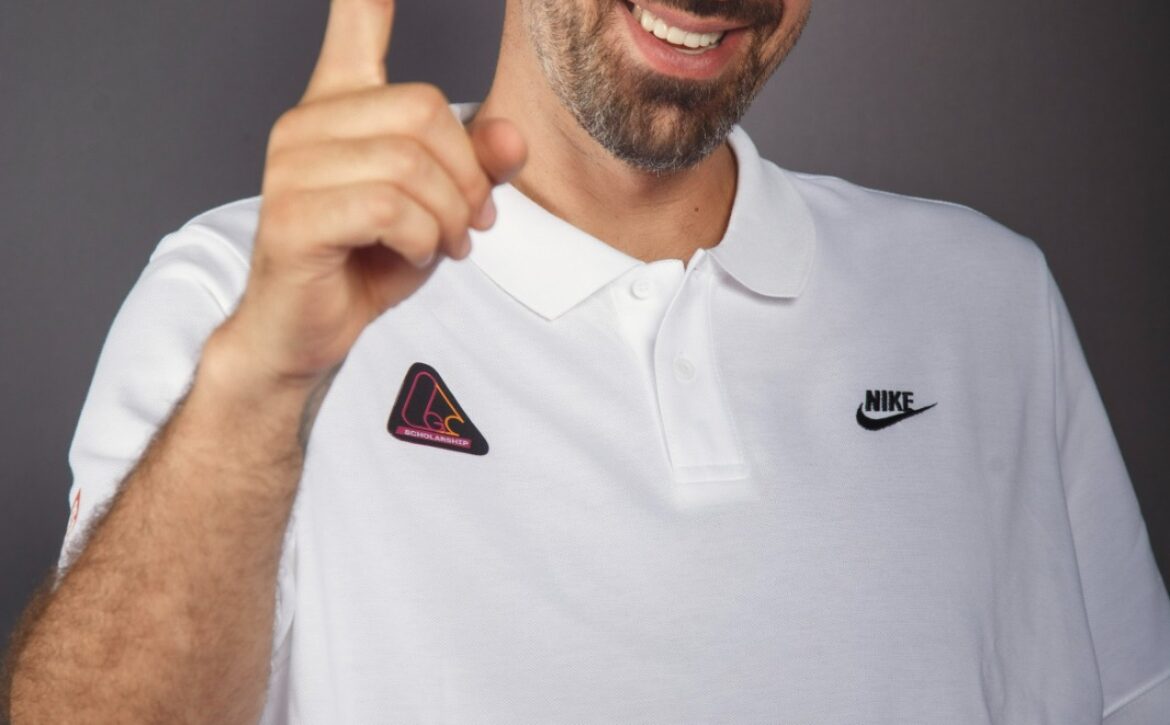
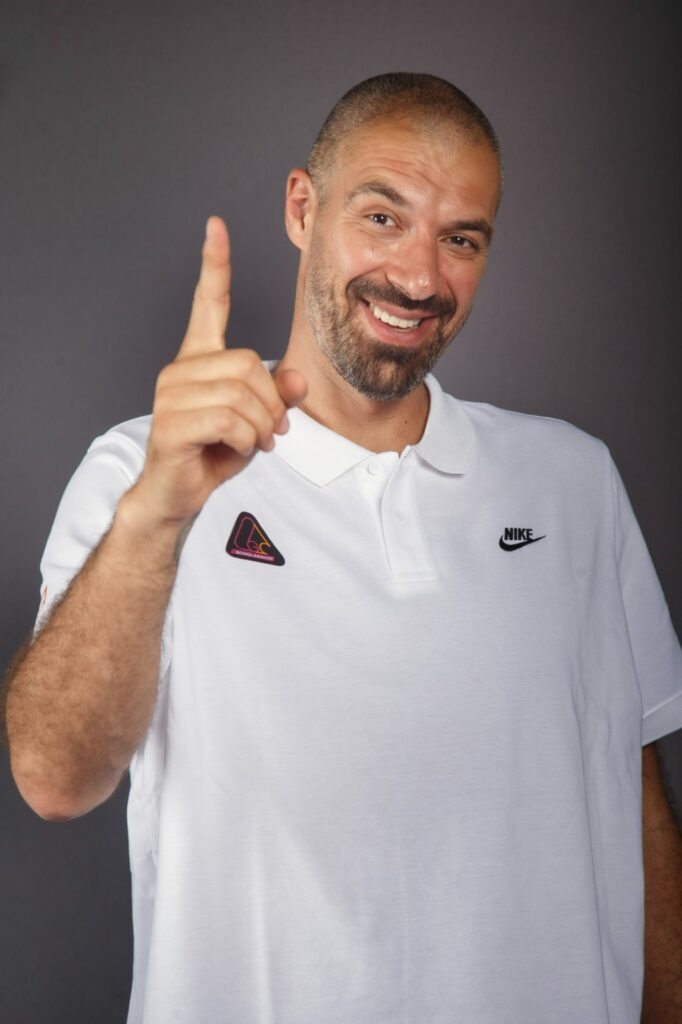
The passion for sports led the former captain of the national basketball team to want to increase the level of performance in Romania. After more than two decades of professional basketball, Virgil understood the shortcomings that young athletes encounter throughout their careers and wanted to initiate a support project to aid them in the most crucial period of their development.
The Go Scholarship is a project aimed at supporting athletes between the ages of 13-18 in building a sports career. Also, by initiating this project, Virgil Stănescu wanted to build harmonious characters and complete people who want to achieve success in the sports field. Sports and education fit like a glove from the former captain’s perspective, and the Go Scholarship project was created to provide support in both aspects present in the lives of athletes.
We wanted to learn more about the project that can improve sports performance in Romania, which is why we invited Virgil Stănescu, the founder of Go Scholarship, to an interview with us.
- What made you want to build a career in the world of sports?
“Mentally, it’s easy to become an athlete. Sports have the quality of selling emotion, and you become easily addicted to it. Once you have experienced and felt even a little taste of success, the sport ends up holding you captive. I entered into this pleasure of the game of basketball. For me, basketball is a special sport, and its dynamism has always attracted me. It’s a sport where you get an immediate result and always want more. Depending on the passion and success you have, you can find more hooks to stick with it.”
- Please tell us the story behind the Go Scholarship program? What were the deciding factors for this project?
“In my sporting life, I went through coherent systems. The choice was never between sports and school, but I had to find the optimal solution to do both. I understood the importance of education, and that is what I wanted to build on. I wanted to create a system to support those who are able to follow their dream in sports, but also to understand the need for education and the fact that these two elements are intertwined. The collective opinion is that school is from the neck up and sports from the neck down, which is not true.
I realized early on that sports and educational development go hand in hand, and education has an important contribution to sports success as well. Thus, I thought about how we can support young athletes and give them the chance to take a step towards high performance. This happened through a decentralized support system, understanding that it is not a valid general template, but a template for each individual athlete.”
- Do you think that your sports career had an important contribution to starting this project?
“Absolutely! First of all, because I understand and resonate with the need. Second, I cannot differentiate the sports career from the educational side. Sport brought me everything, and the education I had built me. I really enjoyed education, but I learned more from sports than anything else. Of course, without education, I wouldn’t have been able to translate them into several fields or into another career.”
- Do you feel that starting the Go Scholarship project has influenced you in any way personally?
“I am learning a lot from this project. Being a new concept in Romania, we must learn to make mistakes and realize that this is perfectly normal. It’s hard to find the perfect path right from the start, and these mistakes need to be quick. In the life of an athlete, you are very ambitious and driven, and you have to learn to overcome any wall. In this project, every obstacle must be overcome to have continuity. We have kids in 13 sports, and I can say I understand basketball, but the needs are different for each sport. I discover other needs, and finding solutions is a new experience for me. I’ve reached the point where I need to learn the problem to find a solution.”
- Did you expect the Go Scholarship project to reach this point in such a short time?
“Of course not. The impact it had was far beyond expectations. The world accepted this project with open arms, and the transformed needs had fantastic growth. I can say that it is extraordinary, and what we ask of children, we also ask of ourselves: curiosity, involvement, and respect. Curiosity because we don’t want them to have any unanswered questions. Involvement because it is a decentralized project, they must also be active to be with them. Respect must be for their work, for their staff, and most importantly for their dream. One of the conditions is that we don’t want more than they want. We are also always curious because we have to be up to date with what is happening in sports.”
- What was the feedback from the athletes following their integration into this project?
“It takes them a while to realize that we’re not something that brings a lot to their table to do. We help them accomplish the tasks they already have. Most of the time, they think we’re giving them something extra to do than they had before. Along the way, they realize that we are trying to light their flashlight. At first, they didn’t know what to expect. It sounds good to have certain conditions, but you don’t know what they entail. They expected the momentum to come from us. It took us some time to realize that they are ashamed to ask, being used to just accepting what they get. They must always say what they need, from physical needs to information.”
- What are the future plans of the Go Scholarship project?
“In the short term, we want the template of the project. We want to know exactly the internal procedures to be able to scale the project to other cities. Part of that process is to make it data-driven. “We don’t want to do anything by guesswork, and we want to document everything we do. We need intermediate steps to make decisions based on concrete things. The tricky part comes in making things happen. Our plan is to reach the big cities by the year 2024. In 2023, we should have a template and check what it means to enter other locations. Afterward, we want this implementation to become a process.”
- What advice would you give to the young people selected in this program?
“I would advise them to take advantage of all the opportunities they have and to ask themselves the question that we ask them every day: What did they do today for their dream? We want to make them understand that their dream must turn into a goal, and they always need direction on that.
“Education and performance are two aspects that are closely related and dependent on each other. By implementing and expanding the Go Scholarship project, Virgil Stănescu wants to change a mentality and create a new generation of complete athletes from both points of view. We are happy to be with the Go Scholarship staff, and we hope that athletes from all over the country will enjoy the facilities of this project in the near future.”
